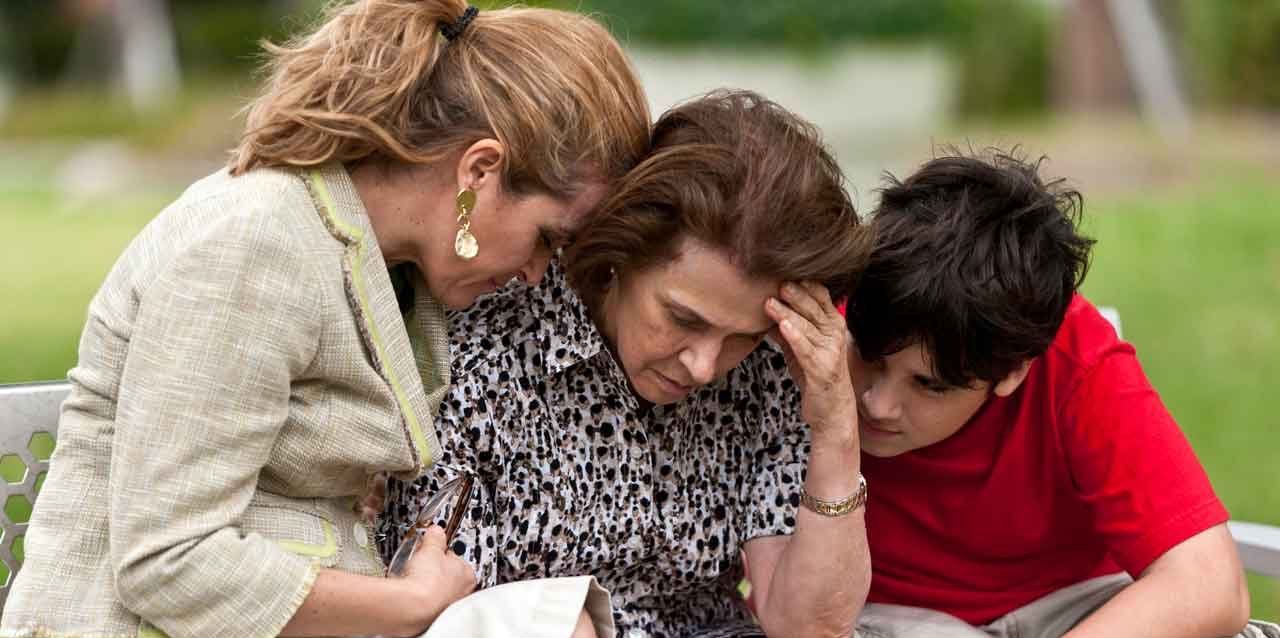January 11, 2018
Finding Support for a Mental Illness

Being diagnosed with any type of mental illness can be especially hard for anyone. It’s such a life-changing event that many people take upwards of a decade to fully recover; many people never recover fully.
Mental illness is a huge, world-changing thing to deal with. This is especially true for the individual diagnosed, but it also reaches into the individual’s family and support structure like nothing else. It can make or break relationships and lives, and that’s why it’s so important to have a strong network of support in any case of mental illness.
YOU MIGHT ALSO LIKE: My Daily Life with Schizophrenia
In my experience of living with schizophrenia I was completely lost after my diagnosis. If I were left on my own I would likely still be roaming the streets on a secret mission ordained by God to bring peace to the world. I would be sleeping in the gutter with little reality to hold on to, and it’s because of my family that I’m able to do so well today. My parents have often said that they were lost when I got my diagnosis as well, but they poured through the literature and took family classes in order to get some sort of handle on having a loved one with schizophrenia, and they have said that those experiences were vital to my recovery.
There are too many cases of families being ambivalent about their loved one’s disorder, and that’s extremely hard to hear because support is one of the pillars of recovery, and if someone doesn’t have that support it can be many times more difficult to crawl up the ladder of recovery.
In my case, and I’m thankful for this, my family was able to support me financially as well as emotionally when I was diagnosed. They took me in, back to my childhood home, and cared for me until we agreed that I was ready to move back out on my own. Their support means the world to me.
Bad days can happen, and they can happen often when you’re in recovery. You can be doing well for months, and then something happens that triggers the symptom light switch, and you can be back on your butt with no idea how it happened. In those instances, family support is integral as it can provide a basis for wellbeing. It can be a launching pad for getting back up onto your feet.
If I could stress anything to families out there that have a loved one with schizophrenia it would be this: do your research, educate yourself, and learn about what you can do for your family member. Having your support and encouragement can mean the difference between recovery and sickness, and though you may think that your family member is just being emotional or just trying to get attention, it can be much deeper than that. If they know that you have their back and that you are willing to support them and help them get back on their feet, you may be changing their lives for the better. Please educate yourself about your family member’s illness and do what you can to help them because if there was ever a time where they needed your assistance it would be now.
YOU MIGHT ALSO LIKE: More of Michael Hedrick’s Inside Schizophrenia blog


